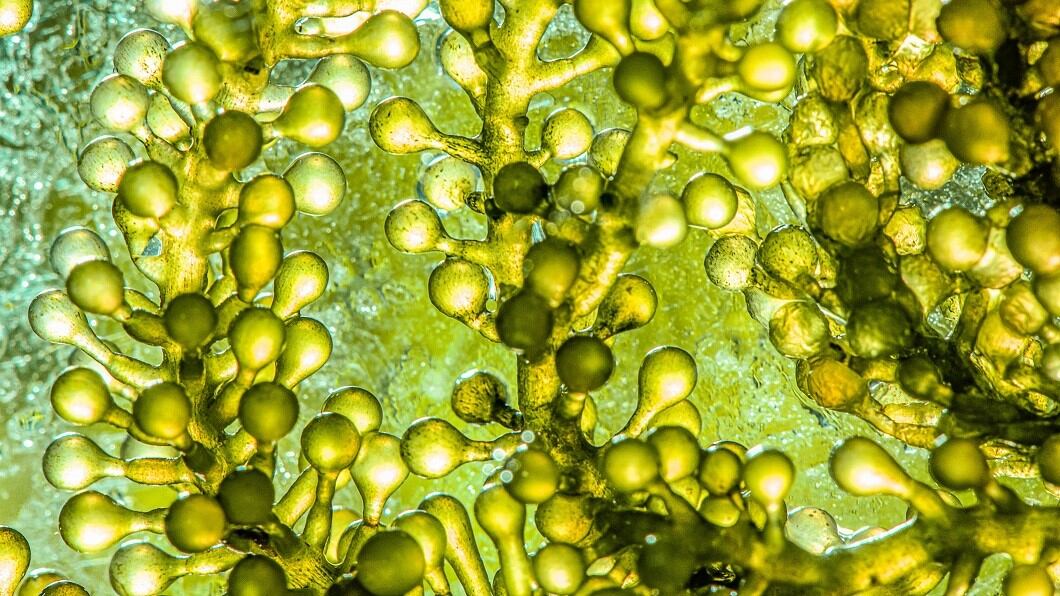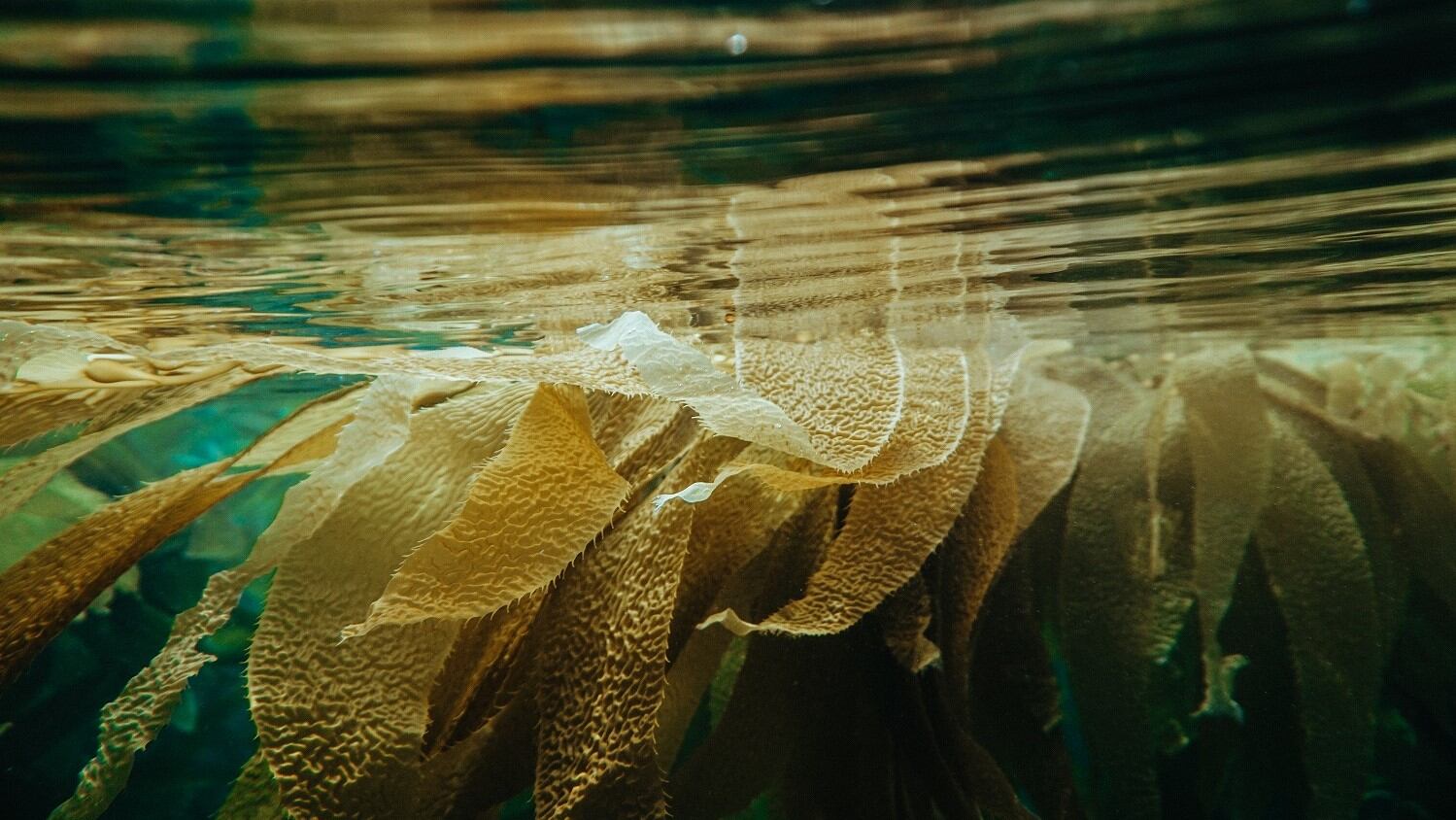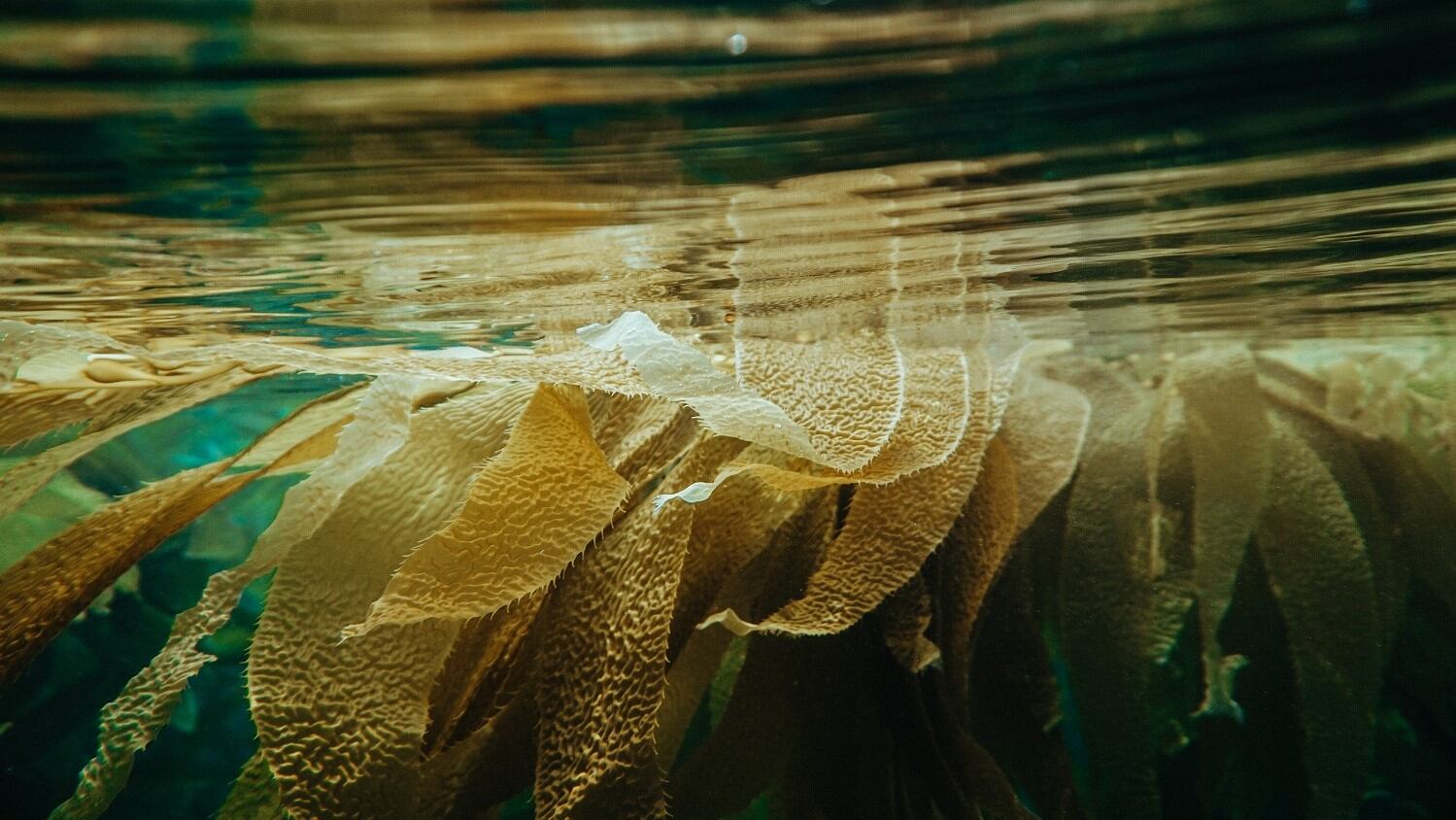The active compound is derived from microalgae found in the highly inhospitable volcanic lakes of Patagonia. Peptides resulting from the active compound are said to act as a ‘cocoon’ to help skin resist and endure sensitisation and allergic reactions.
“The concept is to protect the skin from different aggravators, sensitising factors – this could be chemical, environmental or allergens,” Aremlle le Péniec, Cosmetic Active Ingredients Director, Expanscience Laboratiores told CosmeticsDesign-Asia at the recent in-cosmetics Korea show.
Sensitive skin protector
According to le Péniec, an in-vitro test conducted by the company revealed that the active was able to decrease the quantity of inflammation markers such as TNF-alpha and PGE2.
“What is interesting is that it doesn’t only protect against sensitizers. It goes further to protect skin against allergens. We imitated a skin allergy using nickel and measured the protection and we obtained the same result with Algaenia in terms of protection [with] cortisone,” she said.
The company also ran two separate clinical trials, one on normal skin and one on sensitive skin in order to ‘protect all types of skin from inflammation’.
The results showed that the active was effective in protecting again inflammation even at maximum erythema intensity.
“In normal skin tests, we measured the colour of the inflammation. With Algaenia protection, you have less inflammation and it retreats after 50 minutes – [much] shorter than placebo or non-treated subjects,” she added.
The second study focused on women with sensitive skin. Expanscience created a very specific questionnaire in order to determine the parameters of sensitive skin. This was defined as having at least two factors of stress from three categories: chemical, mechanical and environmental.
“We had to create a very specific model to determine what sensitive skin is because if you ask somebody they may say yes even if it is not true,” le Péniec added.
“This questionnaire will be published soon, maybe at the end of the year, in a scientific journal to help determine what is sensitive skin and how you can consider if your skin is sensitive or not.”
At the end of the 28-day study, skin that had been exposed to the company’s microalgae active was found to be less sensitive.
“We measured redness, skin barrier, aggression as well as cytokines. At the end, we found that skin was less sensitive and observed a 7% to 25% decrease of inflammation markers.”
Additionally, it was shown to increase natural moisturising factors (NMFs) and strengthen the skin barrier.
Potential of algae
Aside from the active’s effectiveness, le Péniec believes the microalgae’s ability to survive extreme conditions can be translated into an effective marketing strategy that is compelling for both customers and consumers.
“What’s interesting is that these microalgae are able to live in extreme conditions with low pH. Because it is able to survive such acidic conditions it is able to protect the skin from different conditions like inflammation,” said le Péniec.
The microalgae that Expanscience uses is cultivated in photobioreactors using the company’s patented technology which mimics the same acidic conditions in a sustainable manner.
“It takes a long time to cultivate but it’s done under control, the quality is exactly the same. Also, it’s very good in terms of nature preservation. It is cultivated in a bioreactor so you don’t touch the natural environment,” she added.
Skin sensitivity in Asia
According to the company, skin sensitivity affects about 50% of the adult population.
“I believe there is a large demand for sensitive skin products now. Sensitive skin is a worldwide trend but such products are more popular in Asia. In general, the region is a good place for natural peptides, like Algaenia,” said le Péniec.
In addition, she believed that the microalgae avenue holds plenty of potential to fulfil consumer demand for effective and sustainable ingredients.
“[Microalgae] doesn’t have the same molecules as plants or fruits... The composition in terms of molecules is totally different, this means that we can find other activities to this microalgae, for example. We are also seeing some of our competitors developing actives from microbe algae for sensitive skin. It’s probably a trend right now,” she said.
Commenting on the potential for the China market, she added that: “For sure there’s room for more innovation, it’s very open. What’s difficult is the Chinese regulation. If you want to comply with the regulation in China, you can’t use microalgae extracts. It really limits innovation. We hope it will change but frankly speaking, it’s hard to tell.”





